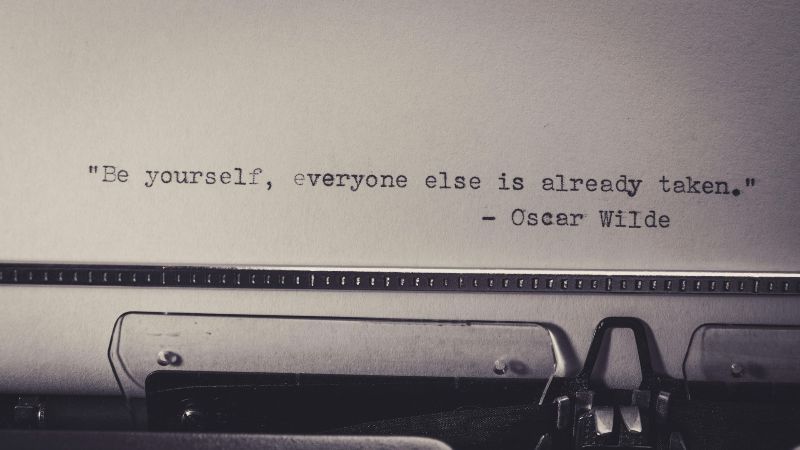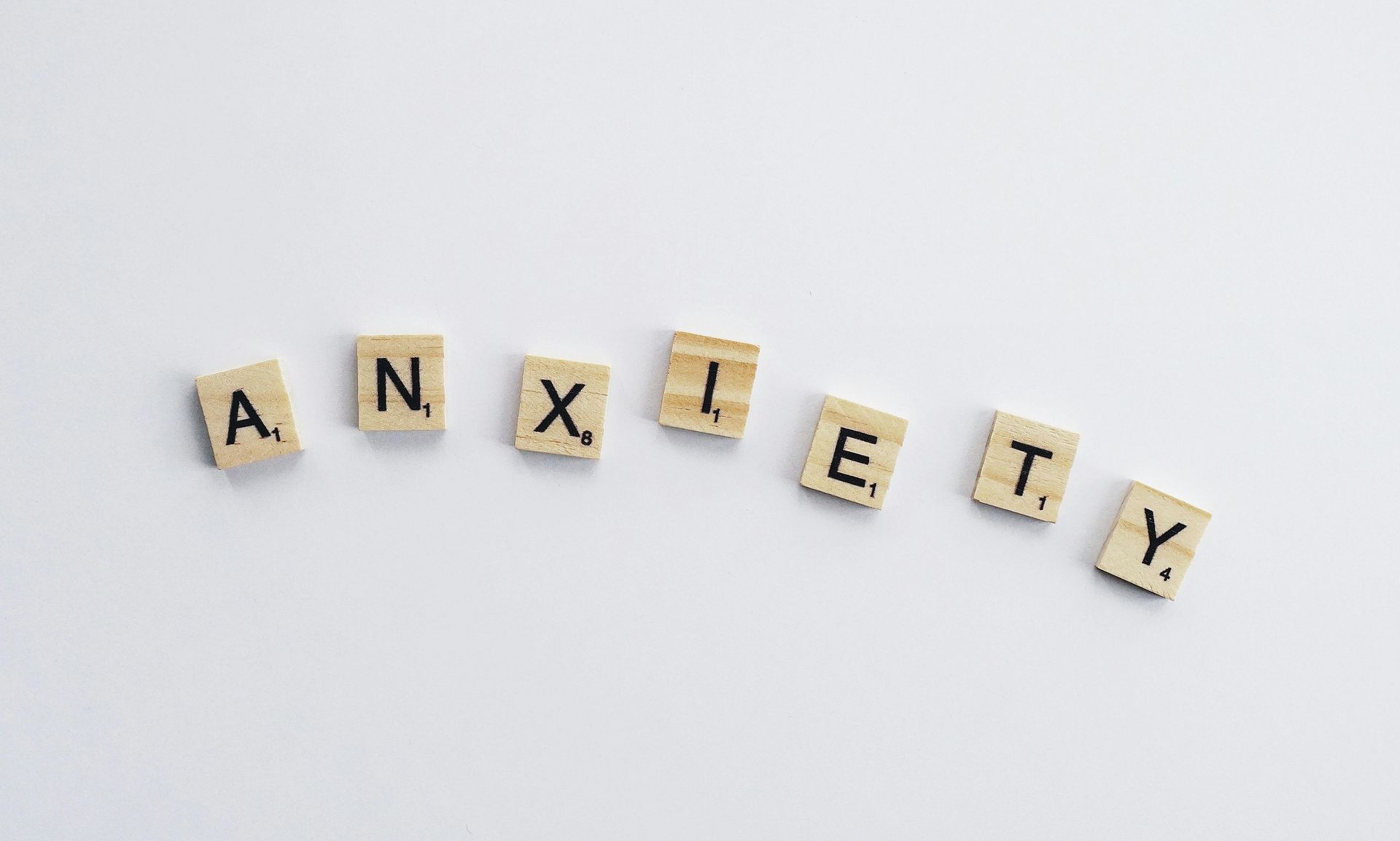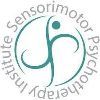The Neurodivergent Therapist and Self-Care
Navigating Burnout When You Can’t See It Coming
Self-care is a term we hear constantly, especially in helping professions like therapy. For therapists, self-care is not just a trendy buzzword; it's essential to avoiding burnout. But for neurodivergent therapists—myself included—it’s a more nuanced and challenging task.
I recently took a week off, not because I felt I needed to, but because those around me kept insisting that I did. Friends, colleagues, even family were urging me to take a break, and honestly, I couldn’t understand why. I love my work. I don’t experience that classic "I need a break" feeling, but that's part of the problem: I often struggle to notice the subtle cues my body sends me. Things like hunger, fatigue, or emotional exhaustion tend to slip under the radar. It’s not uncommon for me to realize only at the end of a long day that I haven’t eaten properly or checked in with how I’m really feeling.
This is partly due to ADHD. Between impulsivity, hyperfocus, and time blindness, I find it hard to slow down enough to recognize what my body or mind is telling me. Alexithymia—the difficulty in identifying or describing emotions—adds another layer of complexity. It's not that I don't have emotions; it's that I don’t always know what they are or how to interpret them. I become so engrossed in a task that time seems to vanish, and my needs take a back seat. By the time I notice, I'm already past the point of needing to resource.
For a neurodivergent therapist, self-care can be an elusive concept. The job itself is demanding, requiring emotional energy and mental resilience. Add ADHD into the mix, and it becomes harder to disengage from work. Hyperfocus—where I lose track of time, sometimes for hours—means I skip breaks or work longer than I intend. The drive to be "good enough" or even to overcompensate can lead to pushing myself harder than I should, especially when I don’t recognize the warning signs.
So, what’s the solution when you’re not always aware of your own needs?
Rituals. Rituals become crucial. Even when I don’t think I need a break, I need to build in routines that force me to pause and check in. Whether it’s scheduling time for lunch, setting timers to remind myself to get up and move, or creating a wind-down ritual at the end of the day, these habits provide structure. They act as external prompts to help where my internal ones sometimes fail.
Community. This is where friends, family, peers, and supervisors come in. Having a community that can gently (or not so gently) point out when you’re overworking is invaluable. They become your external feedback loop when your internal one is on the fritz. Often, it’s easier for those outside of us to notice when we’re nearing burnout. I’ve come to trust the people who care about me to help me recognize when I need a break or when I’m slipping into unhealthy work patterns.
In a world that doesn’t always make room for neurodivergent ways of working, it’s crucial to lean on these supports. Self-care, for us, isn’t always intuitive, but with rituals and community, we can build systems that work for us—even when we can’t see the need for it ourselves.
Next on the blog : Rituals and tools to sustain your energy and presence as a neurodivergent therapist









